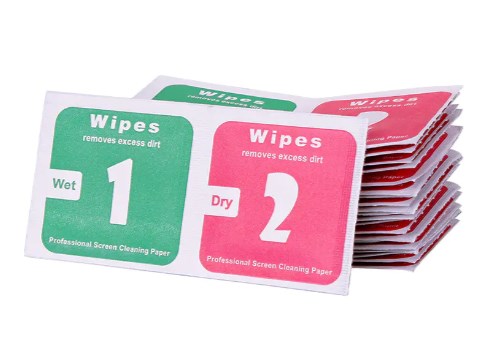News categories
Product categories
Sensitive Baby Wipes: A Safe Choice for Sensitive Babies
Among baby care products, wet wipes have become a staple in almost every household. As consumers prioritize the health and safety of baby skin, Sensitive Baby Wipes are gaining market attention. Designed specifically for delicate baby skin, these wipes emphasize gentleness, safety, and natural formulas, playing an irreplaceable role in daily baby care.
Baby Skin Characteristics and Sensitive Care Needs
Babies' skin barrier function is not yet fully developed, making it thinner and more fragile than adults', making them highly susceptible to external irritation. Therefore, the right care product is crucial during daily cleansing. Sensitive Baby Wipes were developed with this in mind, ensuring cleanliness while avoiding excessive abrasion and chemical stress.
In dermatology, baby skin sensitivity is considered a major cause of erythema, dryness, and allergic reactions. Sensitive wipes typically use a mildly acidic formula that matches the skin's natural pH balance, helping to maintain the baby skin barrier and reduce potential irritation.

The Core Formula Concept of Sensitive Baby Wipes
The development of sensitive baby wipes hinges on the scientific nature of the formula and the purity of its ingredients. Formulas typically avoid alcohol, fragrances, and harsh preservatives, preferring gentle moisturizing ingredients such as aloe vera extract, glycerin, or botanical nourishing factors. These ingredients provide gentle moisturization while cleansing, reducing dryness and irritation.
Water quality is also a key factor in the formulation of wet wipes. High-quality Sensitive Baby Wipes typically use purified water that has undergone multiple filtration and purification processes to ensure product safety and gentleness. By minimizing the use of chemical additives, the product can better meet the daily care needs of babies with sensitive skin.
The Importance of Materials and Craftsmanship in Products
In addition to the formula, the choice of base material for wet wipes also determines the user experience. Sensitive Baby Wipes are typically made of soft non-woven fabric with a fine fiber structure and excellent breathability. The softer the material, the less friction it will cause during wiping, making it more gentle on delicate baby skin.
In terms of craftsmanship, some high-end products utilize spunlace nonwovens, resulting in enhanced absorbency and toughness while preventing shedding and stringing. This design not only enhances product quality but also increases comfort and safety during care.
Wide Applications in Baby Care
In daily life, sensitive baby wipes are not only used to clean babies' hands and faces but are also essential for diaper changes. Their gentleness allows them to remain skin-friendly even with frequent use. For families on the go, the portable packaging of Sensitive Baby Wipes is an ideal solution for on-the-go baby cleansing needs.
With evolving consumer attitudes, sensitive wipes are gradually expanding into more sophisticated care scenarios. For example, some brands have launched lines specifically for newborns, emphasizing non-irritation and high purity to meet the care needs of newborns.

Consumer Selection Considerations
When choosing Sensitive Baby Wipes, consumers typically look for dermatological testing, relevant safety certifications, and clear labeling for sensitive skin. Furthermore, packaging convenience, the wipes' moisturizing properties, and their ability to maintain freshness after opening are also important factors influencing purchasing decisions.
The introduction of Sensitive Baby Wipes is not only an upgrade in baby care products, but also a further extension of the concept of sensitive skin health management. These wipes will continue to play a vital role in the future baby care market, meeting cleansing needs while ensuring safety and comfort, making them an ideal choice for protecting baby's skin health.
related products
Copyright © Yangzhou Suxiang Medical Instrument Co., LTD. The information provided on this website is intended for use only in countries and jurisdictions outside of the People's Republic of China. Wholesale Disposable Cleaning Wipes Suppliers











